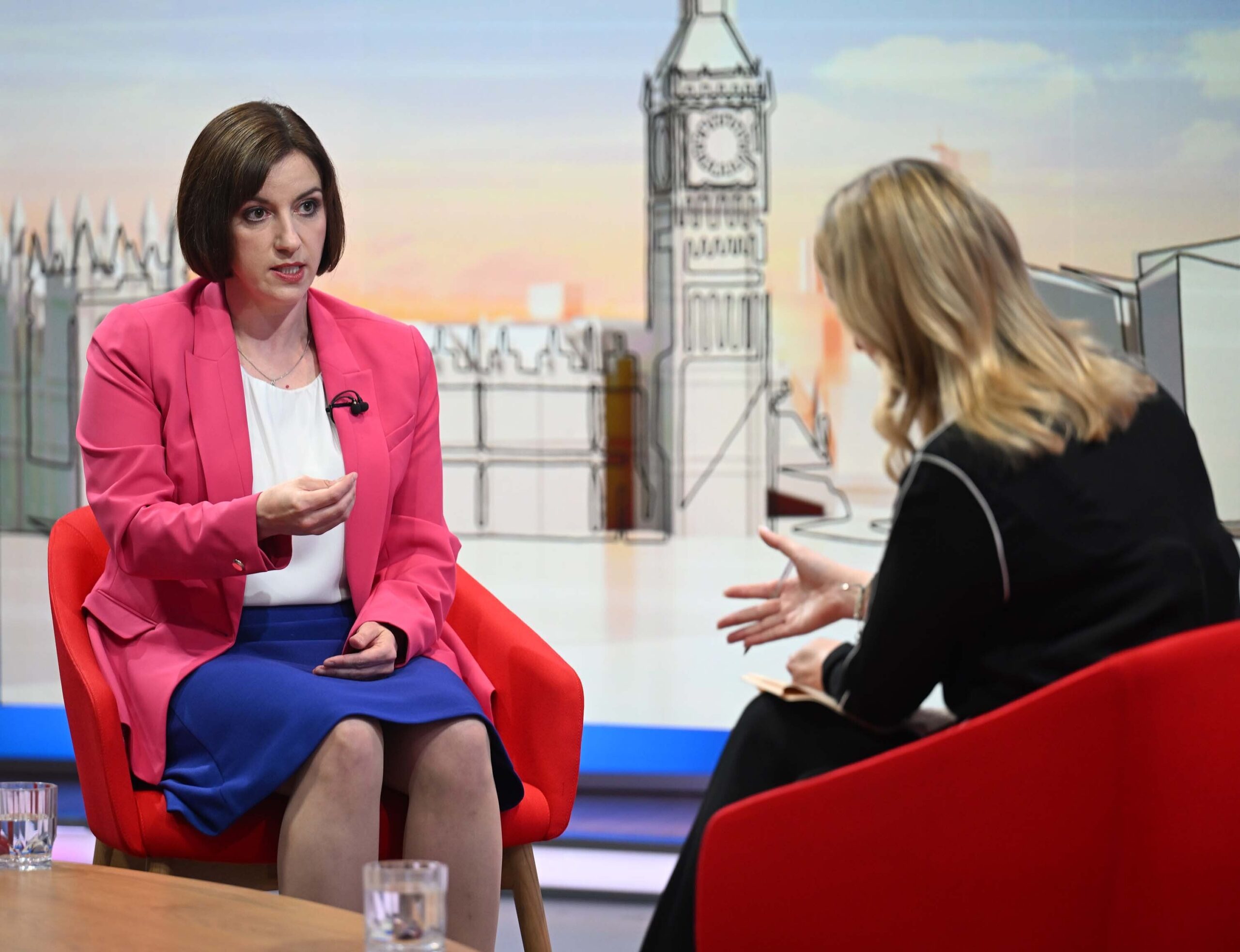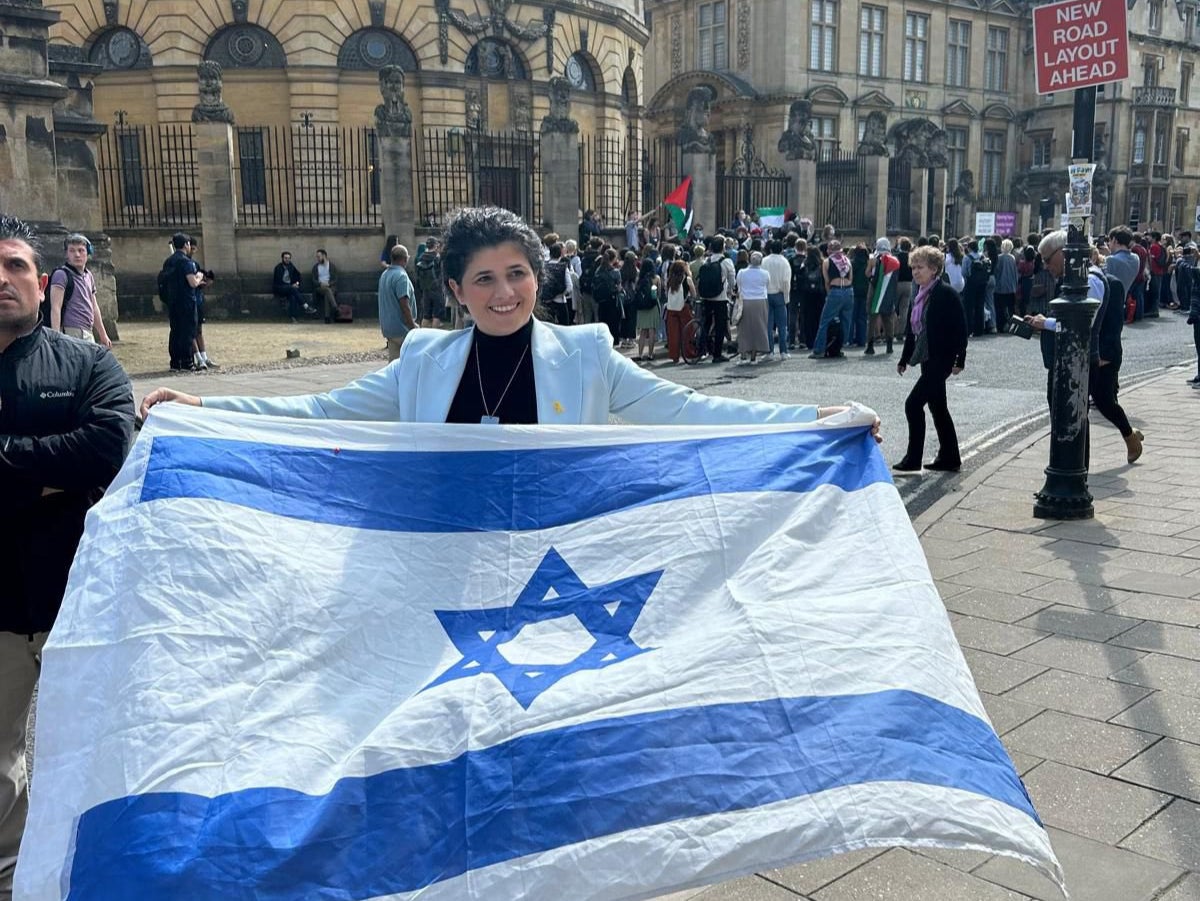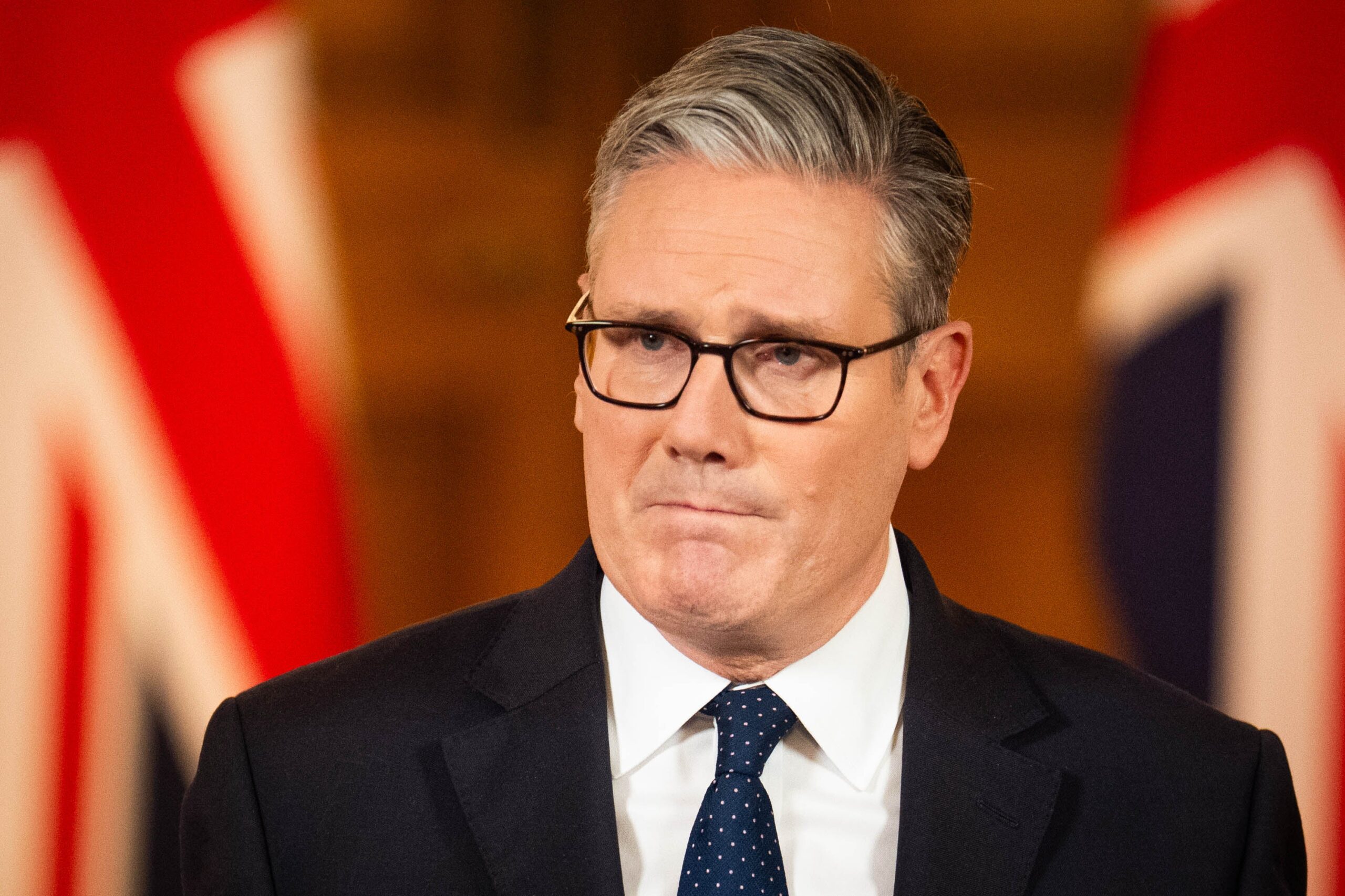A row has broken out over the UK’s role in Middle East peace talks, after both Israel and the country’s US ambassador rejected a Cabinet minister’s claim that Britain played a “key role behind the scenes” in securing the Gaza ceasefire.
Education secretary Bridget Phillipson attempted to defend Britain’s diplomatic efforts towards ending the conflict in Gaza, where a fragile truce is holding following an agreement brokered by Donald Trump – but her claims were dismissed as “delusional”.
“We have played a key role behind the scenes in shaping this,” Ms Phillipson told Sky News’s Sunday Morning With Trevor Phillips.

When asked to elaborate on Britain’s contribution, she added: “These are complex matters of diplomacy that we are involved in but we do welcome and recognise the critical role that the American government played in getting us to this point.”
But later in the day, as Sir Keir Starmer was gearing up to join other world leaders at a peace summit on the Middle East, Israel firmly rejected the comments.
Benjamin Netanyahu’s deputy foreign minister, Sharren Haskel, said she would “have to contradict” the idea that Britain was a leading player “behind the scenes”, as well as criticising the UK’s decision to recognise Palestinian statehood.
“The government of the UK, Macron’s plan, the whole conversation about declaring a Palestinian state – we disagree with you,” she told Sky News.

Asked about Ms Phillipson’s characterisation of the UK’s efforts, the minister said: “Well, I have to contradict her words, unfortunately.
“Unfortunately, with the declaration of the Palestinian state during a very sensitive time two months ago when the teams were already around the table negotiating, when we truly believe we are able to reach a deal; the message that the UK government sent Hamas was the message that: the longer they continue this war, they will be rewarded.”
The UK joined countries including France, Australia and Canada last month in confirming recognition of Palestinian statehood in a historic if largely symbolic move leaders said was intended to safeguard the prospect of a two-state solution.
Piling in on Ms Phillipson, US ambassador to Israel Mike Huckabee, who was part of the president’s negotiating team for the peace deal, said the minister was “delusional”, adding that she can “thank Donald Trump any time”.
Asked about the row, Foreign Office minister Hamish Falconer has said he won’t “get into a ‘he said, she said'” – but pointed to Steve Witkoff’s defence of Britain’s role in the talks.
The US special envoy for peace missions posted to X on Monday: “I would like to acknowledge the vital role of the United Kingdom in assisting and coordinating efforts that have led us to this historic day in Israel.
“In particular, I want to recognise the incredible input and tireless efforts of national security advisor Jonathan Powell.”
Asked about the row, Mr Falconer told Sky News: “I’ve been absolutely clear on the very, very important role that I think President Trump and his team, including special envoy Witkoff played in these negotiations.
“I see that Special Envoy Witkoff has called out the UK’s vital role in this, which is a generous and welcome statement.
“I don’t think it’s at all out of keeping with what the education secretary said yesterday, so I’m not really going to get into a ‘he said, she said’ about this.”
Sir Keir will attend the “signing ceremony” for the Gaza peace plan in Sharm El Sheikh on Monday, where he is expected to heap praise on Mr Trump and the diplomatic efforts of Egypt, Qatar and Turkey.
The prime minister will pay “particular tribute” to the US leader and partners in the region for “bringing us to this point” before calling for “swift progress towards phase two”, Downing Street said.
French president Emmanuel Macron will also attend, the Elysee Palace confirmed on Saturday.
The 20-point plan brokered by the US president calls for Israel to maintain an open-ended military presence inside Gaza, along its border with Israel.
An international force, comprised largely of troops from Arab and Muslim countries, would be responsible for security inside the enclave.

The Israeli military has said it will continue to operate defensively from the roughly 50 per cent of Gaza it still controls after pulling back to agreed-upon lines.
Under the terms of the agreement, the first phase of the plan is expected to see remaining hostages returned to their families and Palestinian prisoners released, a process which began on Monday morning.
The government has already said there are no plans to send British troops to be part of the multinational force that will monitor the truce.
Shadow foreign secretary Dame Priti Patel dismissed the prime minister’s visit to Egypt as a “photo opportunity” on Sunday.
“I think we have to be honest (about) the fact that Britain has had no role – no role whatsoever – under Keir Starmer’s Government, in even getting to this very seismic and momentous moment,” she told the BBC.
“I think it’s extraordinary that Keir Starmer apparently is going to Egypt tomorrow when we’ve got plenty of domestic issues that he should be resolving.”
